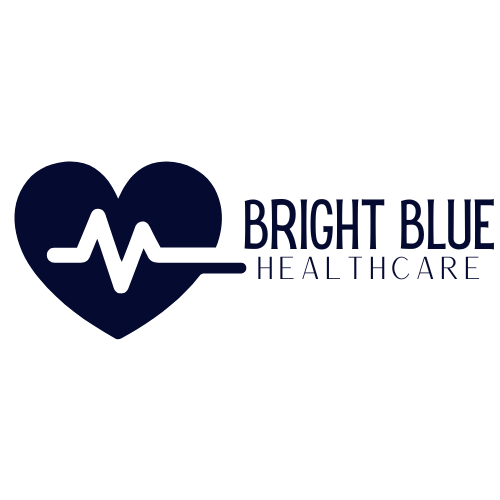The field of healthcare has seen numerous advancements over the years, aimed at improving patient care and outcomes. As medical professionals and experts in the field, it is crucial to stay updated with the latest developments and understand how they may impact our practice. In this blog post, we will explore the evolution of healthcare and discuss key areas that medical professionals should focus on for improved patient care.
Introduction: A Glimpse into the Past
Before delving into the present state of healthcare, it is essential to acknowledge the progress made so far. Historically, healthcare has evolved from a primarily reactive approach to a more proactive one. In the past, physicians would often treat patients only when they fell ill, with little emphasis on preventive measures.
The Paradigm Shift: Preventive Care
One of the most significant changes in healthcare has been the shift towards preventive care. Today, medical professionals emphasize the importance of regular check-ups, screening tests, and vaccinations to detect and prevent potential health issues before they become severe. This approach has proven particularly successful in reducing mortality rates associated with diseases such as cancer and cardiovascular conditions.
Technological Innovations in Healthcare
Healthcare has been revolutionized by advancements in technology. From electronic health records (EHRs) to telemedicine and artificial intelligence (AI), these innovations have had a profound impact on how medical professionals deliver care.
EHRs have transformed how patient information is recorded and shared, enabling healthcare providers to access real-time data and make more informed decisions. Telemedicine, on the other hand, has opened the doors to remote consultations, allowing patients to receive medical advice and treatment without physically visiting a doctor’s office. This has been especially advantageous in rural areas or during times of crises, making healthcare more accessible to all.
AI, although still in its early stages, shows great promise in improving diagnostics and treatment plans. Machine learning algorithms can analyze vast amounts of medical data to identify patterns and predict patient outcomes, aiding medical professionals in making accurate diagnoses and choosing the most appropriate treatments.
The Importance of Patient-Centric Care
A crucial aspect of delivering quality healthcare is ensuring patient-centric care. Medical professionals must recognize each patient as an individual with unique needs, values, and preferences. This approach involves active listening, empathy, and involving patients in their own care decisions.
By embracing patient-centric care, medical professionals foster a strong doctor-patient relationship built on trust and cooperation. This not only improves patient satisfaction but also contributes to better health outcomes.
Balancing Evidence-Based Medicine with Individualized Care
While evidence-based medicine (EBM) forms the foundation of modern healthcare, it is essential to strike a balance between protocols based on research and personalized treatment. Medical professionals should stay updated with the latest research and guidelines but also consider each patient’s specific circumstances and preferences.
By integrating EBM into day-to-day practice and tailoring it to suit individual patient needs, medical professionals can optimize patient care while also advancing the field through clinical research.
The Role of Interdisciplinary Collaboration
Healthcare is an intricate and multidimensional field that requires collaboration among various healthcare professionals. By fostering teamwork, sharing knowledge, and coordinating care across disciplines, medical professionals can provide more comprehensive and effective healthcare services.
Interdisciplinary collaboration not only improves patient outcomes but also promotes professional growth through the exchange of ideas and best practices. Moreover, it enables medical professionals to address complex health issues holistically, delivering truly comprehensive care.
Embracing Continuous Learning
In the rapidly evolving field of healthcare, continuous learning is paramount. Medical professionals must stay updated with the latest research, advancements, and best practices to deliver optimal care.
While formal education provides a solid foundation, ongoing professional development is equally crucial. Attending conferences, workshops, and seminars, as well as engaging in self-directed learning, can keep medical professionals at the forefront of the field.
Conclusion: The Future of Healthcare
Healthcare is constantly evolving, driven by technological advancements, research findings, and the changing needs of patients. As medical professionals, it is our responsibility to adapt and embrace these changes, ensuring that we stay updated, provide patient-centric care, and collaborate effectively within interdisciplinary teams.
By embracing preventive care, incorporating technological innovations, and prioritizing patient-centric approaches, medical professionals can drive further progress in healthcare. Through a commitment to continuous learning and the integration of evidence-based medicine and individualized care, we can provide the best possible outcomes for our patients and inspire future generations of healthcare professionals.
So let us embark on this journey together and shape the future of healthcare, one patient at a time.





